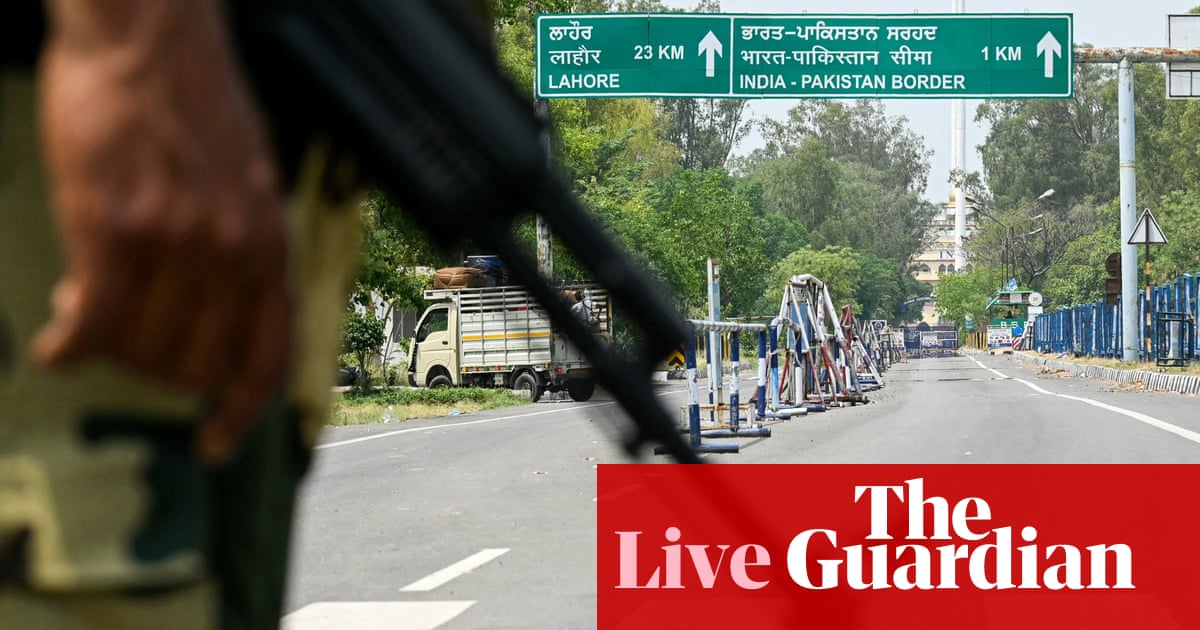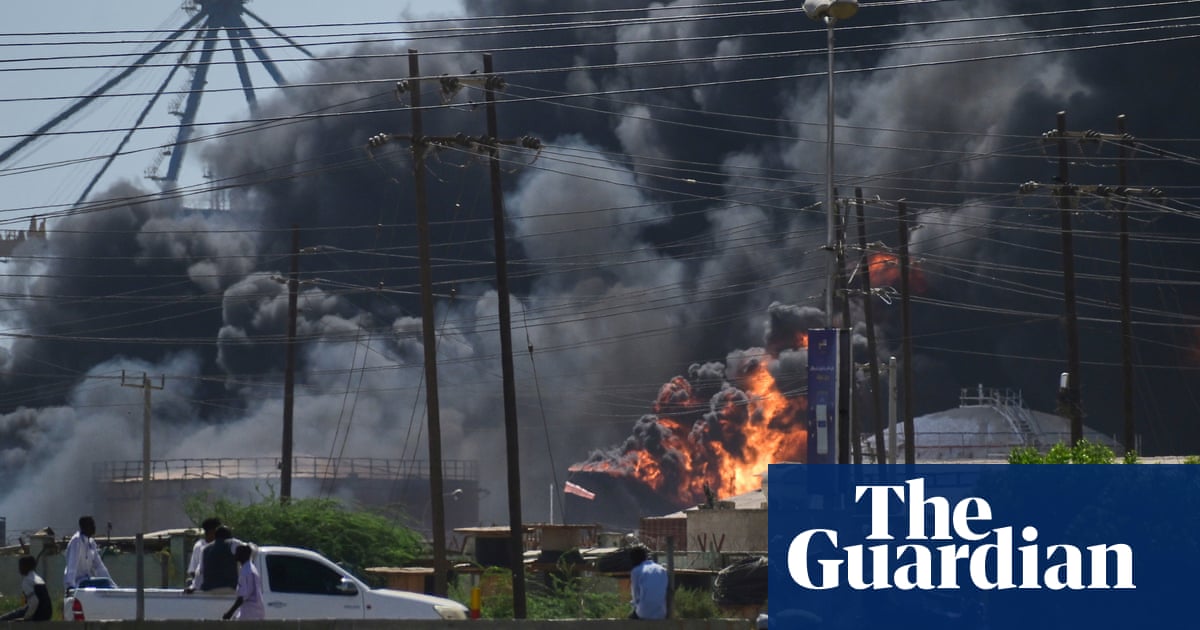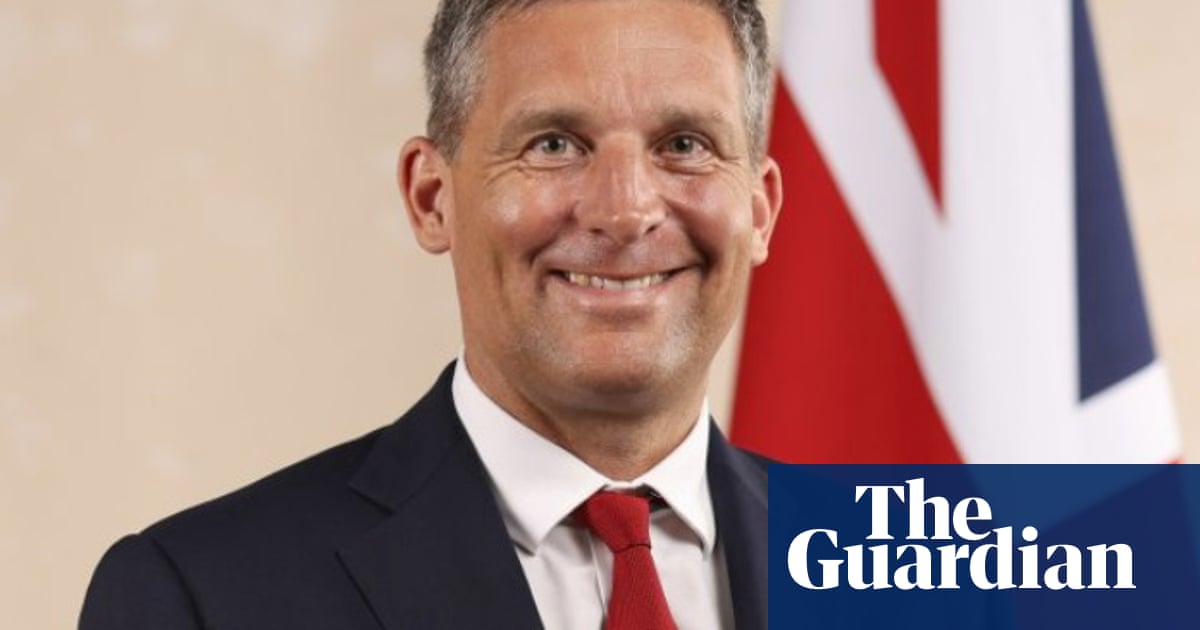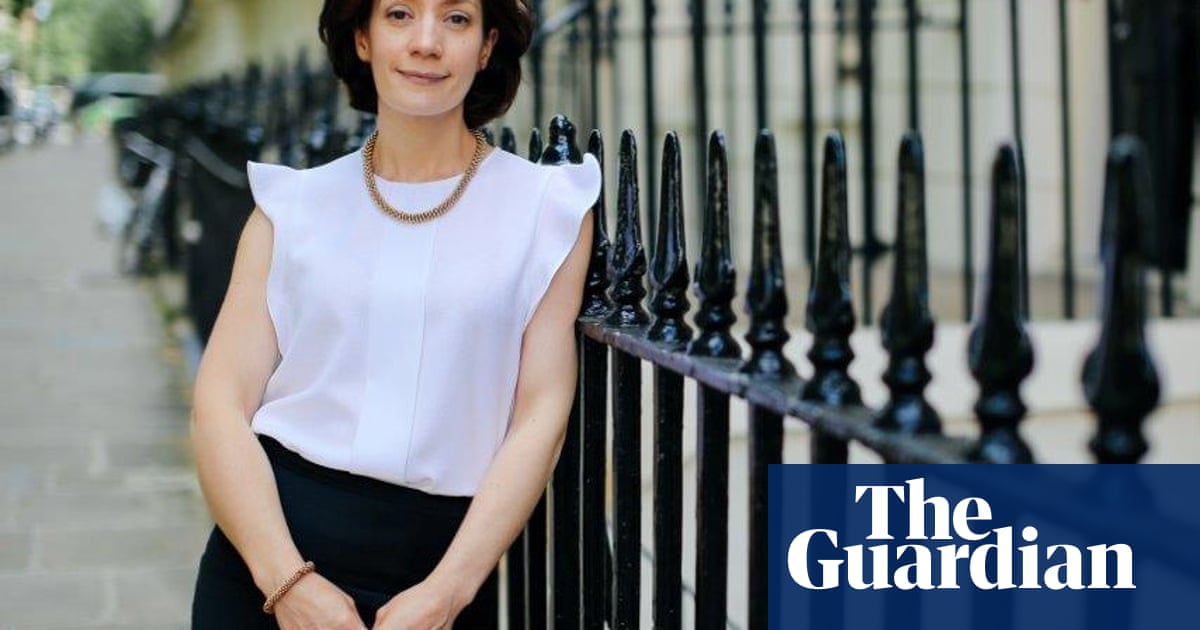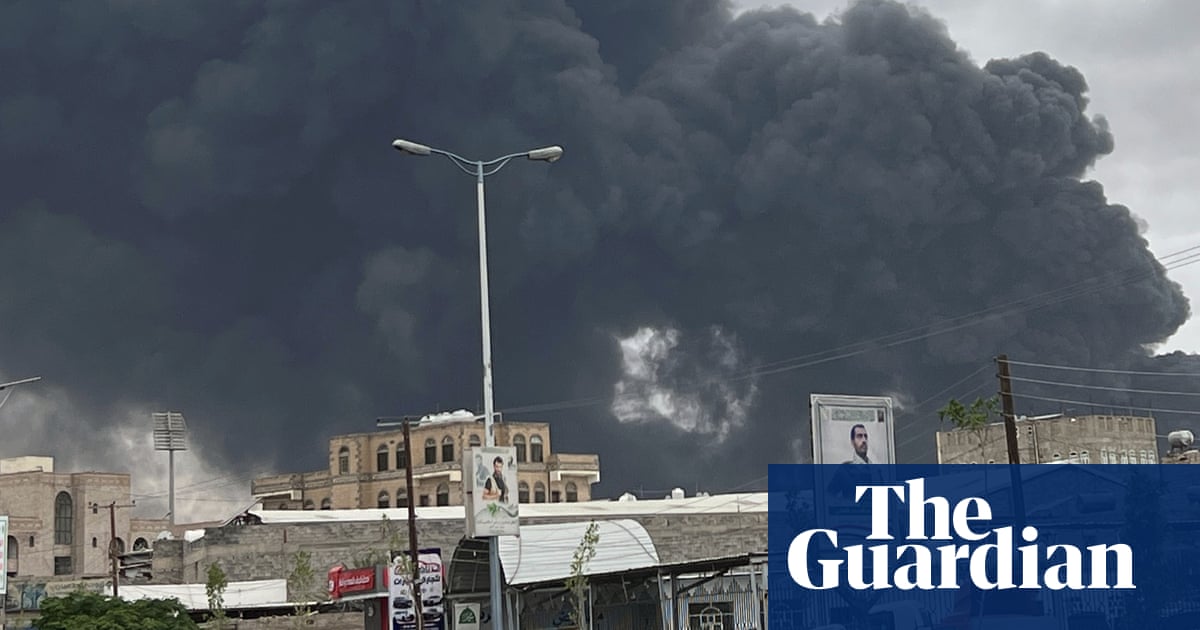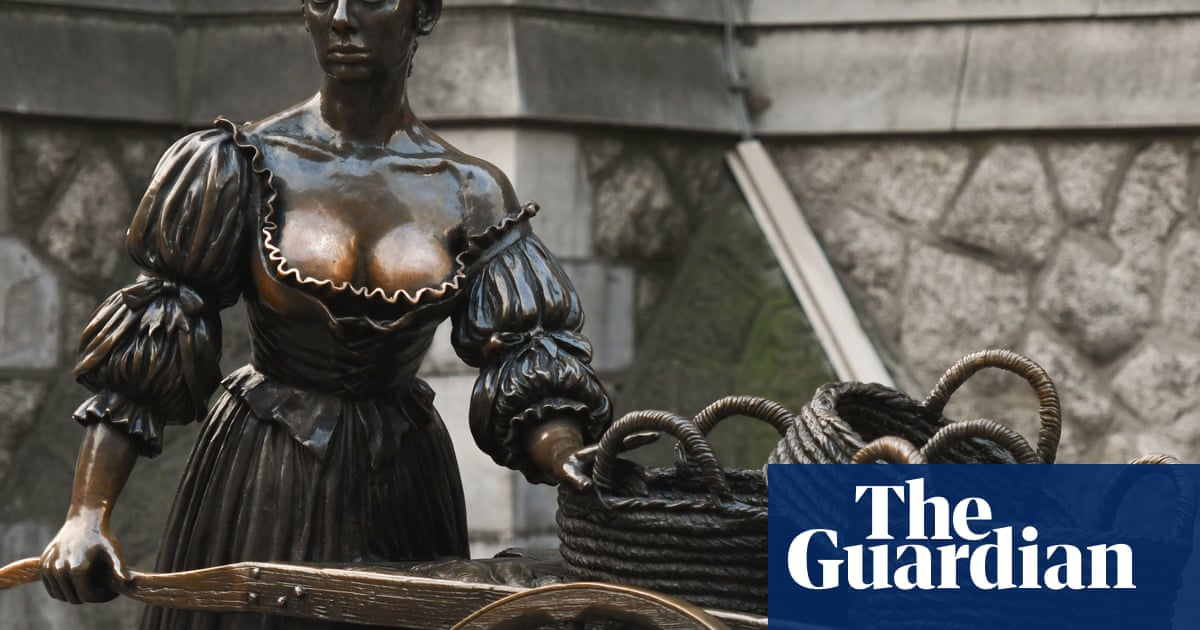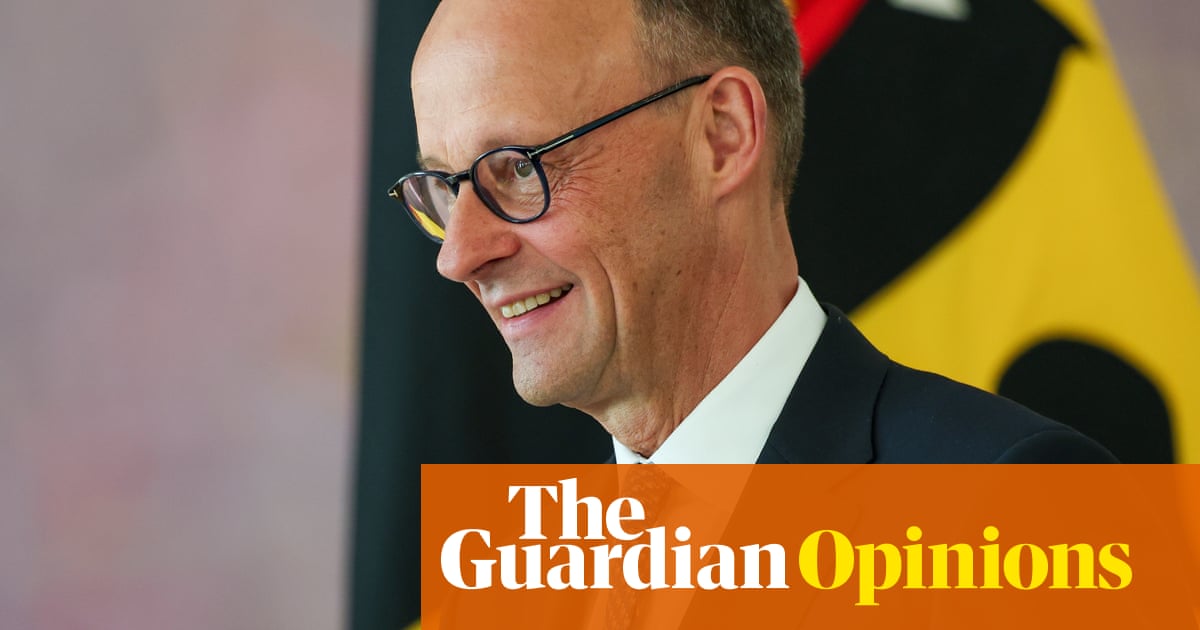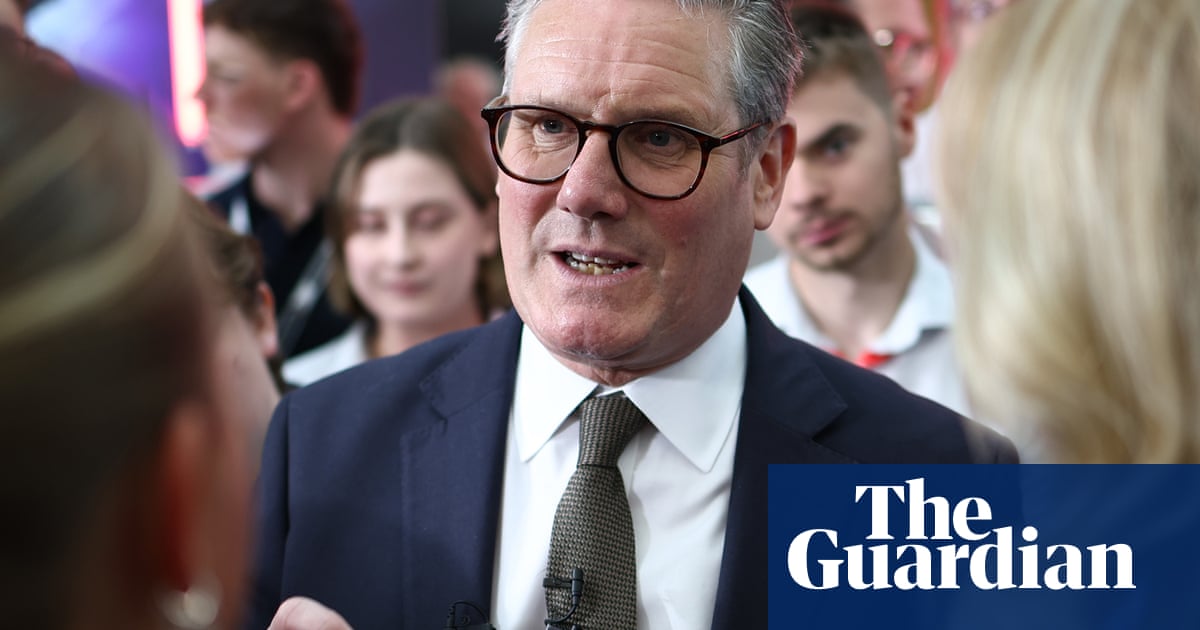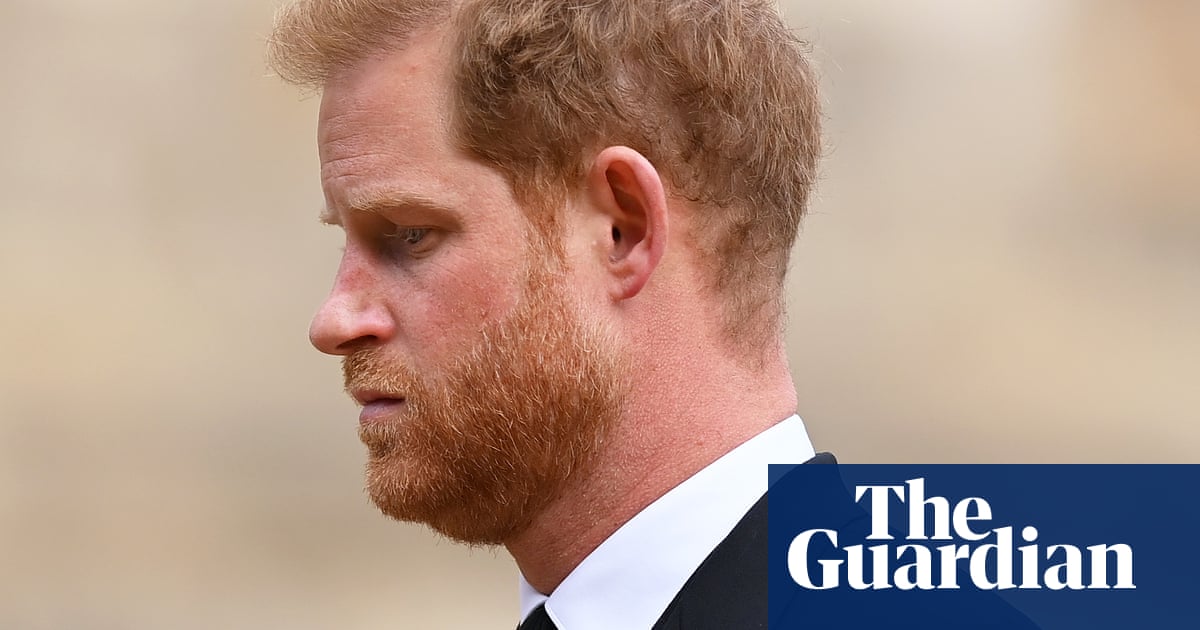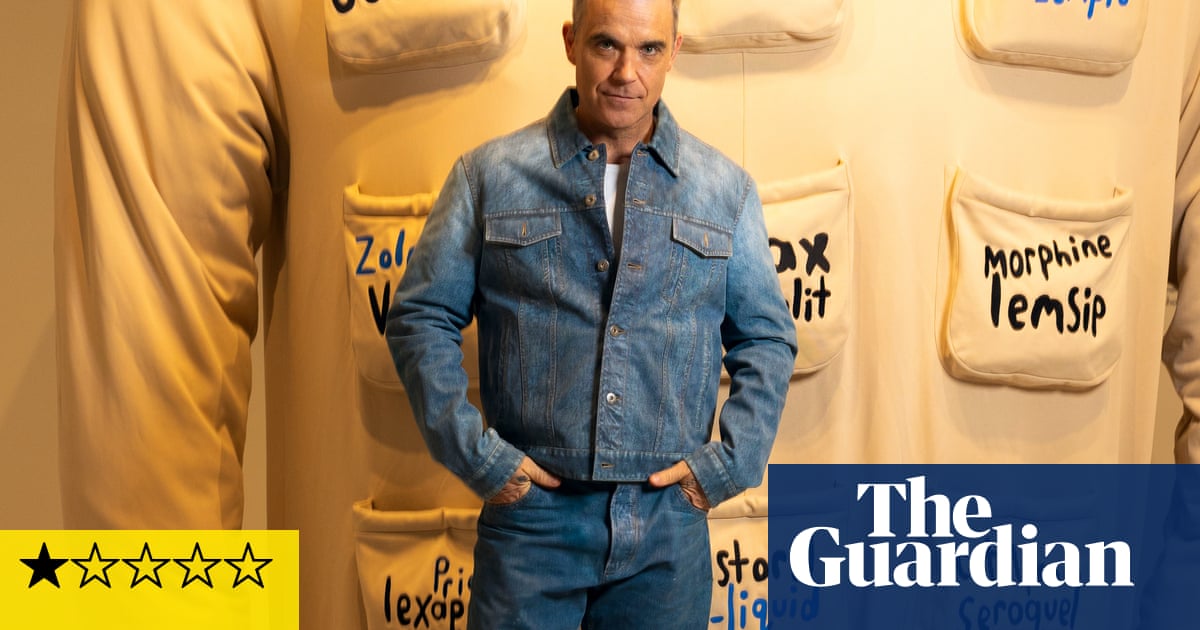Talks between Rwanda and the US to host deported migrants is the latest move by the African country to position itself as a useful option for the anti-migration policies of allied governments.
Previous high-profile attempts, however, including with the UK, Israel and Denmark, failed after becoming beset by controversy.
On Sunday, Olivier Nduhungirehe said the talks with Washington DC were in the early stages. The Rwandan foreign minister told state TV: “Those reports are true. We are engaged in discussions with the government of the United States of America.”
The US-based Handbasket newsletter first reported discussions between Rwanda and the US last month, citing a US State Department cable saying Rwanda had agreed to take in deportees who were unable to be sent to their home countries for fear of persecution.
Although details about the planned deal are scant, this is not the first time that Rwanda has explored such an arrangement for resettlement.
In 2022, the country entered an agreement with a previous UK government to receive asylum seekers from Britain. Under the deal, asylum claims would be processed in Rwanda. Successful applicants would remain there, while unsuccessful ones would be given the option to leave Rwanda or receive residency.
The agreement, which included plans for financial support for relocation and accommodation, faced legal challenges as well as criticism from opposition politicians and human rights activists. The government said it would tackle illegal migration and aid Rwandan development. But critics said it was unlawful and posed risks for the safety of refugees.
The deal, which cost the UK hundreds of millions of pounds, eventually fell through when Keir Starmer cancelled it after the Labour party came into power last year.
In his address on Sunday, Nduhungirehe acknowledged Rwanda’s previous experience with similar migration plans, saying the US idea was “not something new to us”.
Rwanda was also previously involved in a programme between 2014 and 2017 to take African asylum seekers from Israel. The agreement was shrouded in secrecy, but details started emerging in 2018 as Israel’s supreme court weighed whether to approve a programme to give African migrants the option of a cash incentive for deportation or be detained indefinitely.
In 2017, Volker Türk, the assistant high commissioner for protection at the UN refugee agency, said 4,000 people from Eritrea and Sudan had been relocated under the 2014-17 programme to two African countries “named in media reports as Rwanda and Uganda”.
The scheme collapsed when Israel’s supreme court suspended deportations in 2018.
Rwanda has also explored a migration deal with Denmark. After the European country’s passage of a law to process asylum seekers outside Europe in 2021, the two countries announced that they were looking at establishing a programme for the transfer of asylum seekers arriving in Denmark to Rwanda for consideration of their asylum applications and protection, with the option of settling in Rwanda.
They said: “The current global asylum and migration system is dysfunctional and a new approach is required.”
Critics condemned it, saying Denmark was shifting responsibility for refugee protection. In 2023, the country paused the plan, seeking to work with other EU countries in a regional solution.
Paul Kagame has in the past defended migration plans to send people to Rwanda. Speaking on state television in 2022, the Rwandan president said: “We are not involved in buying and selling of people, with the UK or anybody. It’s just a problem that needs to be solved and Rwanda is ready to help.”
The latest talks with the US present an opportunity for the country to financially leverage the migrant crisis in the west as well as expand its geopolitical influence.
Notably, the discussions are happening at a time when the US is pushing Rwanda and the Democratic Republic of the Congo to enter bilateral economic agreements with the US that would bring western investment to support mining in the countries.
The proposed deals are part of a US-led process to end fighting in the mineral-rich eastern DRC, where Rwanda has been accused of fuelling the conflict by backing rebels.

.png) 5 hours ago
3
5 hours ago
3

